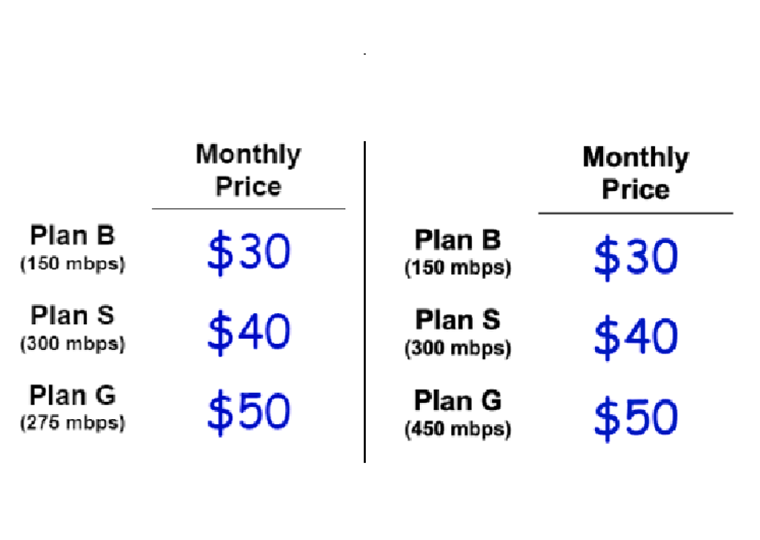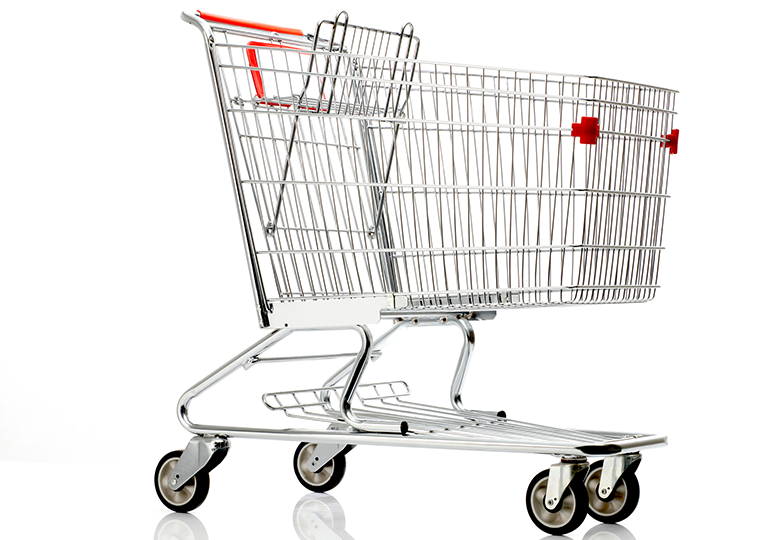Topic: Competition

A Common Marketing Nudge Can Foster Consumer Distrust
Placing an inferior ‘decoy’ option in a menu of choices can trigger people to take their business elsewhere

$52.6 Billion: Extra Cost to Consumers of Add-On Drug Patents
The figure is a subset, not covering huge expense of extended patents on high-priced biologics like Humira

Strict Emissions Rules in China Spur Automotive Innovations
Tough standards led to an increase in auto-related patents

Technology’s Hidden Role in the Accountant Shortage
Software that saves time and money may paradoxically be resulting in a shortage of accountants

A Case Against Experience as a Central Driver of Innovation
Are older inventors weighed down by obsolete knowledge? Young inventors don’t carry that burden

What Happens at Hotels When Laws Restrict Airbnbs?
In New York, small and budget hotels — competitors to short-term rentals — raised prices

How to Reduce the Risk of Forced Labor in Agricultural Supply Chains
Improving the search for contractors that don’t use coercion

Was Research — on Physicians and Noncompete Agreements — Before Its Time?
Years after a paper goes unpublished, it’s fodder for a major Federal Trade Commission proposal

Why Big Banks Can Pay Less on Deposits
Their level of technology and services makes up for it; it’s vice versa with little banks

Huge Spending — But Little Sharing of Research Results — on Cancer Drugs
U.S. efforts to encourage transparency widely ignored by companies

Has the Term ‘Competitive Advantage’ Outlived Its Usefulness?
Popular in business schools and executive suites, it’s no longer a meaningful way to compare companies

When Surge Pricing Comes to the Supermarket
Charging more at peak times could reduce congestion and lift profits. Would customers revolt?

Two Tech Giants — and Two Very Different Acquisition Strategies
Alphabet’s M&A feeds its core business; Amazon’s more likely to push into new areas

In U.S.-China Trade War, Bystander Countries Increase Exports
Higher demand from U.S. and China means expanding into new markets

Proposed: Give Consumers on Amazon a Direct Line to Small Business Products
Third-party sellers would gain; consumers might pay more but increase control of products display
